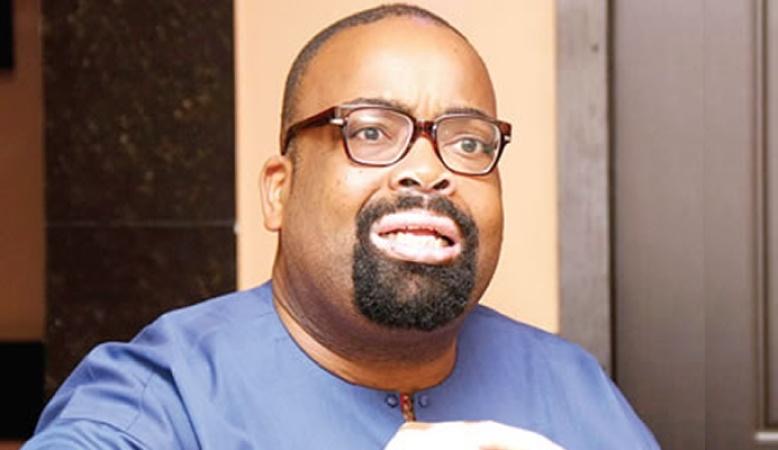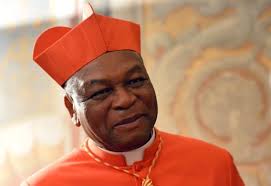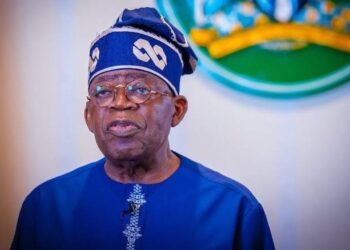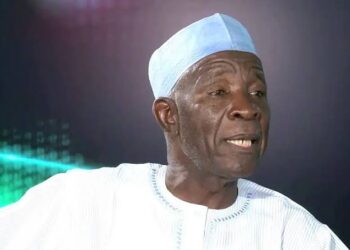Olumide Akpata, the Labour Party governorship candidate in the recent Edo State election, has made strong statements about the local electorate, describing them as “captives in love with their captors.” This remark reflects his disappointment with the election results and the voters’ response to political pressures.
In an interview with journalists, Akpata shared his thoughts on the political landscape in Edo, saying, “I’m old enough to understand my country. Nothing shocks me anymore, but I was slightly taken aback by the reaction of the people.” He expressed concern that although many Edo residents desire change, they appear too vulnerable to resist the financial inducements often used by political parties.

Akpata explained, “We campaigned vigorously across the state, and I know the people want change. However, when faced with such large inducements, they capitulated.” This highlights his belief that the allure of quick benefits outweighed the community’s desire for long-term progress and better governance.
Following the election on Saturday, Akpata emphasized that what occurred was more of a transaction than a genuine electoral process. He asserted that the true will of the people was compromised by external influences that undermined the integrity of the election.
On Sunday night, the Independent National Electoral Commission (INEC) announced that Monday Okpebholo of the All Progressives Congress (APC) won the election, receiving 291,667 votes.

Asue Ighodalo of the Peoples Democratic Party (PDP) followed with 247,274 votes. Akpata finished in a distant third place with only 22,763 votes, further underscoring his disappointment with the election outcome.
Akpata’s comments have sparked discussions about the state of democracy in Edo and the broader implications of electoral integrity in Nigeria. Many observers are concerned that if voters continue to accept inducements, it may hinder genuine democratic progress in the region.
He urged Edo residents to recognize the importance of holding their leaders accountable and to resist the temptation of short-term gains in favor of long-lasting change. “The future of Edo State depends on our ability to prioritize good governance over temporary benefits,” he said.
As the political landscape continues to evolve, Akpata’s remarks serve as a call to action for voters to become more engaged and to demand transparency and accountability from their leaders.
He believes that true change will only come when the electorate stands firm against corruption and prioritizes the common good over individual gain.
Moving forward, Akpata is committed to advocating for reforms that empower the people of Edo and encourage a more democratic and fair electoral process in future elections.
His vision includes creating a political environment where the voices of the people are heard and valued, ensuring that they are no longer captives of a system that has historically marginalized them.



































